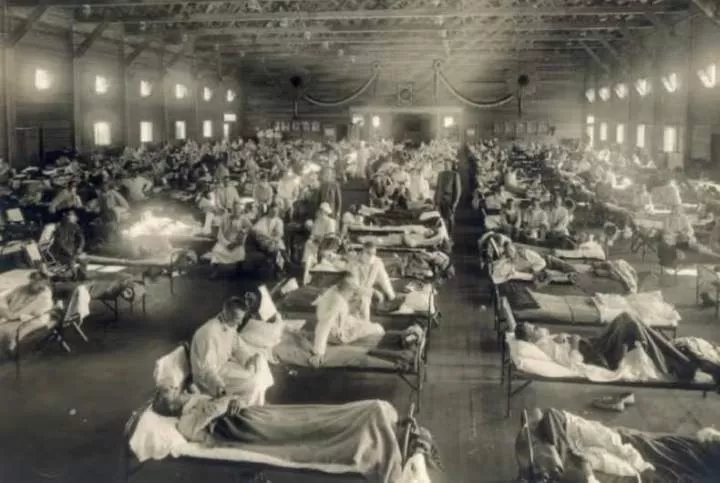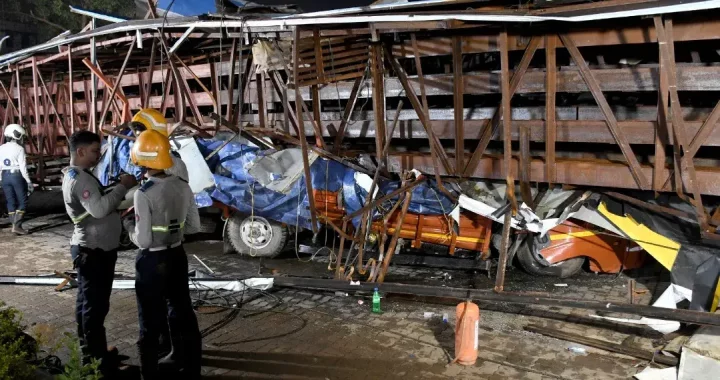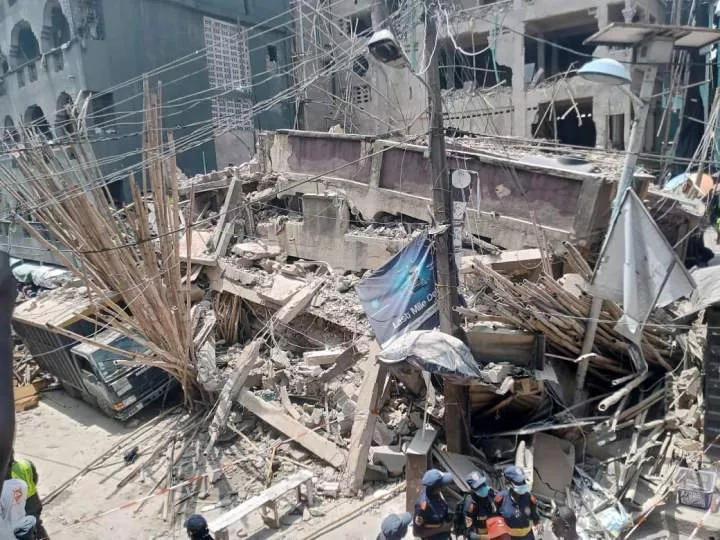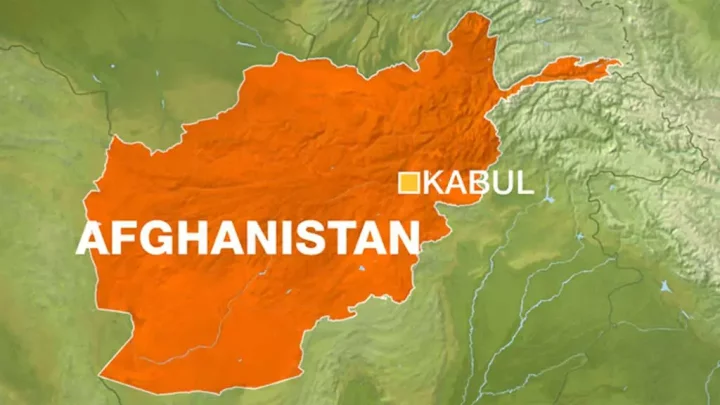![Mount Tambora eruption - Year without summer [ArcGIS Map Story] Mount Tambora eruption - Year without summer [ArcGIS Map Story]](https://static.netnaija.com/i/EeK8v5GvaP8.webp)
The events that make a year good or bad are often traced to personal experiences through the course of that year.
You'd be grateful to be living through the 'miseries' of recent decades after reading the catastrophic events of the worst years in human history.
However, some years in history were so chaotic that the whole world felt the impact.
History has recorded many terrible years that saw brutal wars, unimaginable natural disasters, extreme weather conditions, and pandemics that wiped populations, but these three years take the cake for the worst years in history.
1. 536 AD
Europe, the Middle East and some parts of Asia were plunged into darkness (night and day) for a period of 18 months. Yes! The sun was totally blocked out for a year and six months. This darkness was later traced to a volcanic eruption in Iceland.
If you thought blocking out the sun was already bad enough, the eruption also led to a serious decline in summer temperatures, which resulted in crop failure and serious famine for over a year that left millions of people starving to death.
Medieval historian, Michael McCormick, referred to 536 AD as "the beginning of the worst periods to be alive, if not the worst year," as the events of this year set the ball rolling for more miseries that followed for mankind in that decade.
2. 1347
You have probably heard of the Black Death (bubonic plague), the most fatal pandemic in human history. Well, it started in 1347 and continued till 1353, causing the death of 75 million to 200 million people.
The disease, caused by bacteria known as Yersinia pestis, caused victims with unbearable pain, high fever, severe bleeding and pus-filled boils before eventually killing them.

The plague stirred up religious and economic crises that immensely affected history, making it one of the worst times to be alive.
3. 1815
In 1815, a volcanic eruption on Mount Tambora in Indonesia (then the Island of Sumbawa) caused the immediate death of over 11,000 people. Ejecting tons of sulphur dioxide into the atmosphere, several thousands of deaths occurred in the following months. It is known as the most powerful volcanic eruption in history.
Also, the eruption caused the average global temperature to drop, leading to crop failures and famine around the world. The effects of this eruption lasted for years, and many people starved to death during this period.
Many more years like the spans of the world wars and historical genocides are honourable mentions of the most terrifying years to be alive.
The extent of the catastrophic events in these years leaves one wondering how humans lived through them, and also, grateful for not being alive in those years.















Comments